Facts about waste management in India
Waste management is one of the major concern in India that every Indian resident has to deal with everyday.
Humans generate 3.5 billion tons of plastic and other solid waste a day. That is roughly 2 Kilogram of trash per person per day.
According to the Press Information Bureau, India generates 62 million tonnes of waste every year with an annual growth rate of 4%, of which less than 60% is collected and around 15% processed or recycled.
Now the question arises where this all the waste that is not recycled or processed in some way or other goes?
No award for guessing but this waste do end up in landfills or oceans and this is the reason that in India landfills are third in greenhouse gas emissions.
Process of waste collection and Dumping in India
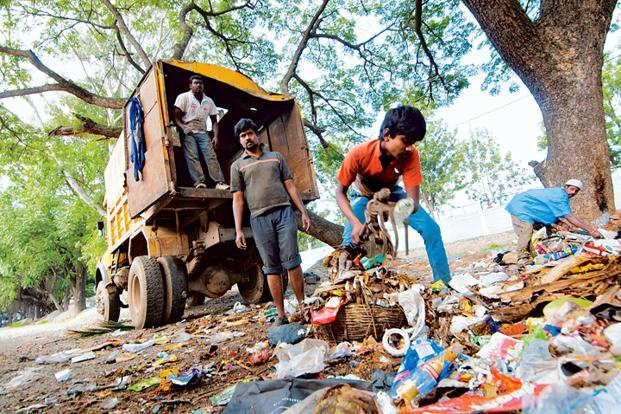
The waste collection process in India begins with contractors employed by government bodies collect waste from door to door by covering all households and latter transporting them to landfills.
The contractors mostly dump the waste illegally into any vacant plots to save on transportation and this leads to often burning of the waste in open to create more space for dumping.
Impact of the current system of waste management
The impact of legally practise system of waste management is high on our environment and surroundings. Multiple studies have shown the link asthma, heart attack, and emphysema to burning garbage.
The presence of human faecal matter and decomposed garbage in the waste often attracts other rodents, that leads to a spread of life-threatening diseases such as dengue, Chikungunya and malaria.
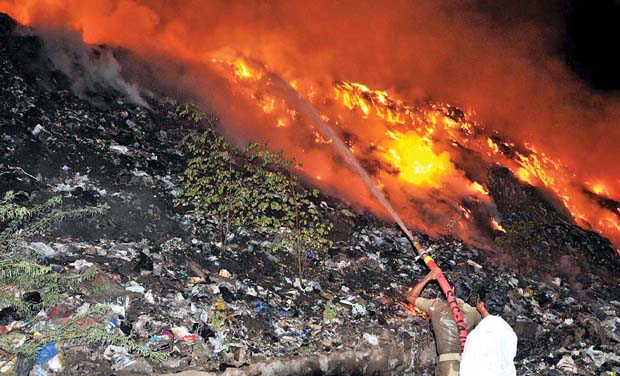
The Dumpyards created to dump these waste often catch fire because of the presence of flammable materials and end up spreading cancer-causing smoke into our environment. The burning of garbage is one of the major contributors to the greenhouse gases being emitted in India.
The heavy metals and toxic liquids in the garbage can often get absorbed into the soil and contaminate the groundwater that harms the entire food chain as it directly affects the water being used for agriculture, human and animal consumption.
Facts about waste in Landfills

- Ghazipur landfill in Delhi is India’s tallest rubbish mountain to rise higher than Taj Mahal in 2020 as it is already 65 metres (213 feet) tall and grows 10 meters every year.
- Only 5% of waste plastic gets recycled with the remaining portion ending up in landfills
- There are multiple subsurface and surface fires going on in different dump yards that are polluting the air.
- Waste and toxic liquids get absorbed into the soil that affects the groundwater.
- We are running out of space as we are generating more trash than we have at any point in history.
- Landfills are actively contributing to climate change because of harmful gases being emitted from these garbage mountains.
Waste ending up in oceans
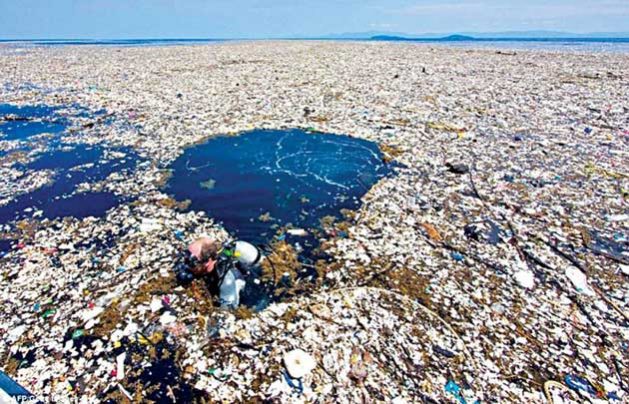
There are multiple reasons because of waste ends up in oceans and one of the main reasons is Rivers and Other water bodies that connect to oceans often contain garbage and other toxic stuff that ends up in rivers because of poor waste management of cities.
Above that even if there are multiple laws in place to check the waste going into oceans they are not enforced properly and citizens don’t take responsibility for their actions.
Facts about waste in Oceans
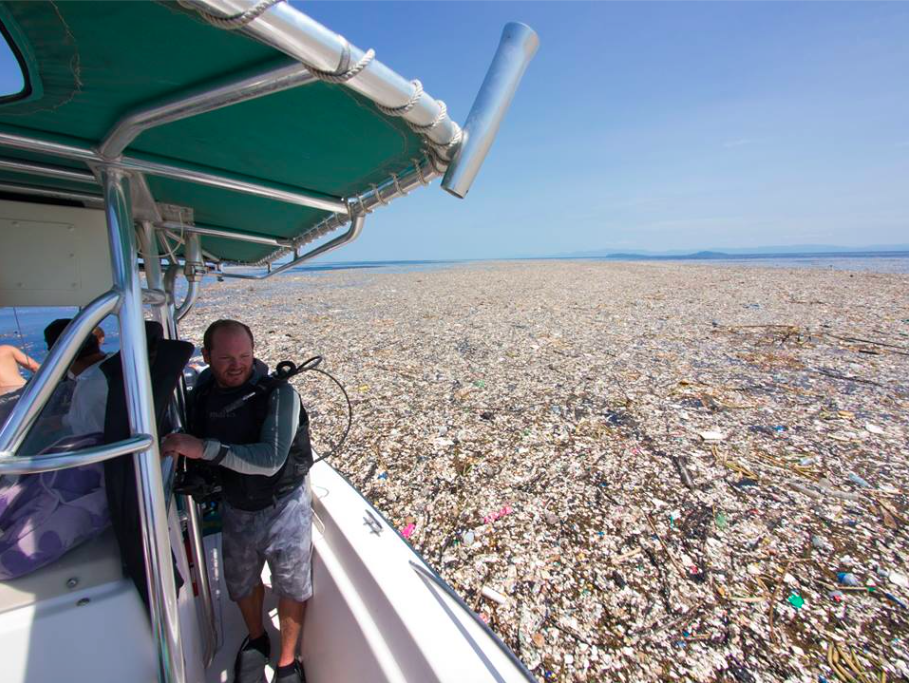
- Every year more than 8 million tons of waste plastics are thrown away in oceans.
- Oceans are one of the largest dumping grounds as there are 5 plastic patches of enormous size covering the big part of oceans.
- One truck of garbage is dumped into the ocean every minute.
- Scientists have estimated that by 2025 there could be more plastic than fish in oceans if nothing is done.
- Marine animals find it difficult to distinguish between plastic and food so they end up choking on plastics.
- Marine Plastic also damages the coral reefs.
Find out Best Eco-friendly products

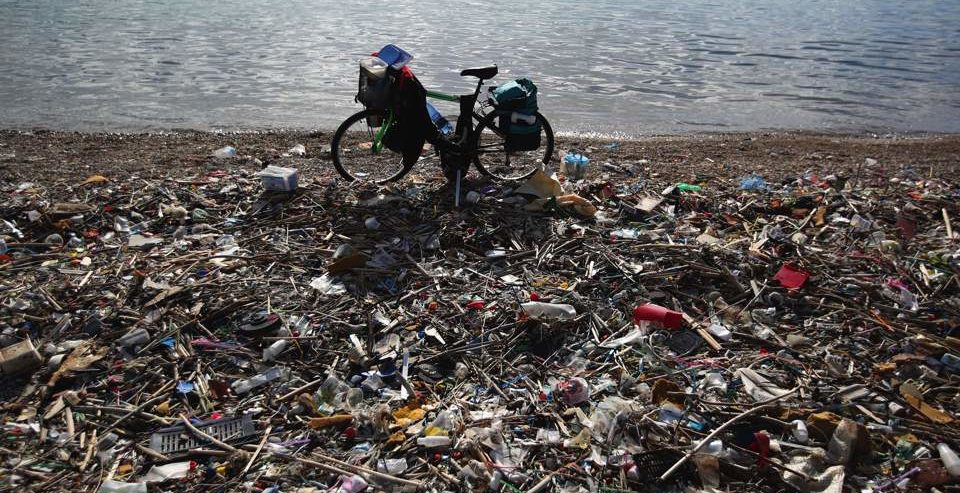
Comments
Comments are disabled for this post